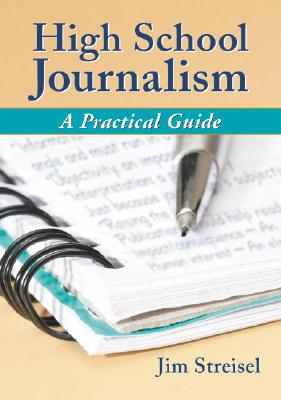
description
9High school journalists share the same objectives as professional reporters--finding the story, writing the story, and packaging the story so that it appeals to an audience. Understanding how to best accomplish these objectives is key to the student on the newspaper, yearbook or Web site staff, but the fundamental art of storytelling and story presentation are not always at the center of high school journalism classes. Student journalists must first understand that storytelling, at its most basic level, is about people, and that understanding the audience is essential in deciding how to present the story. This handbook for high school journalists and teachers offers practical tips for all elements of school journalism. The author covers the essential components that students must understand: information gathering, writing, standard and alternative coverage and packaging. Students will find valuable information about identifying news, interviewing, research, narrative writing style, editing, visual presentation and layout. The book also covers the legal rights of student journalists, objective vs. opinion writing, staff planning and organization and Web-based journalism. Each chapter includes study guides for practical applications of the concepts discussed. Instructors considering this book for use in a course may request an examination copy here.
member goods
No member items were found under this heading.
Return Policy
All sales are final
Shipping
No special shipping considerations available.
Shipping fees determined at checkout.







